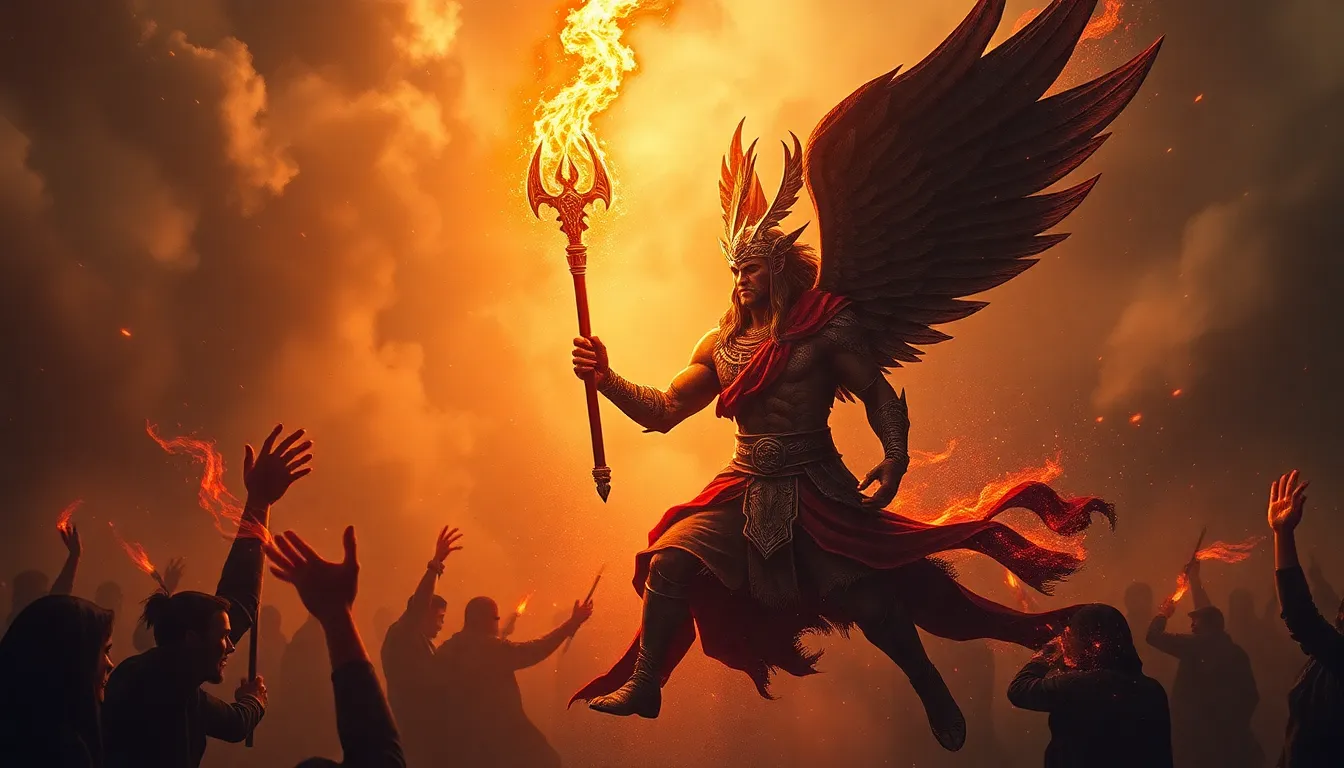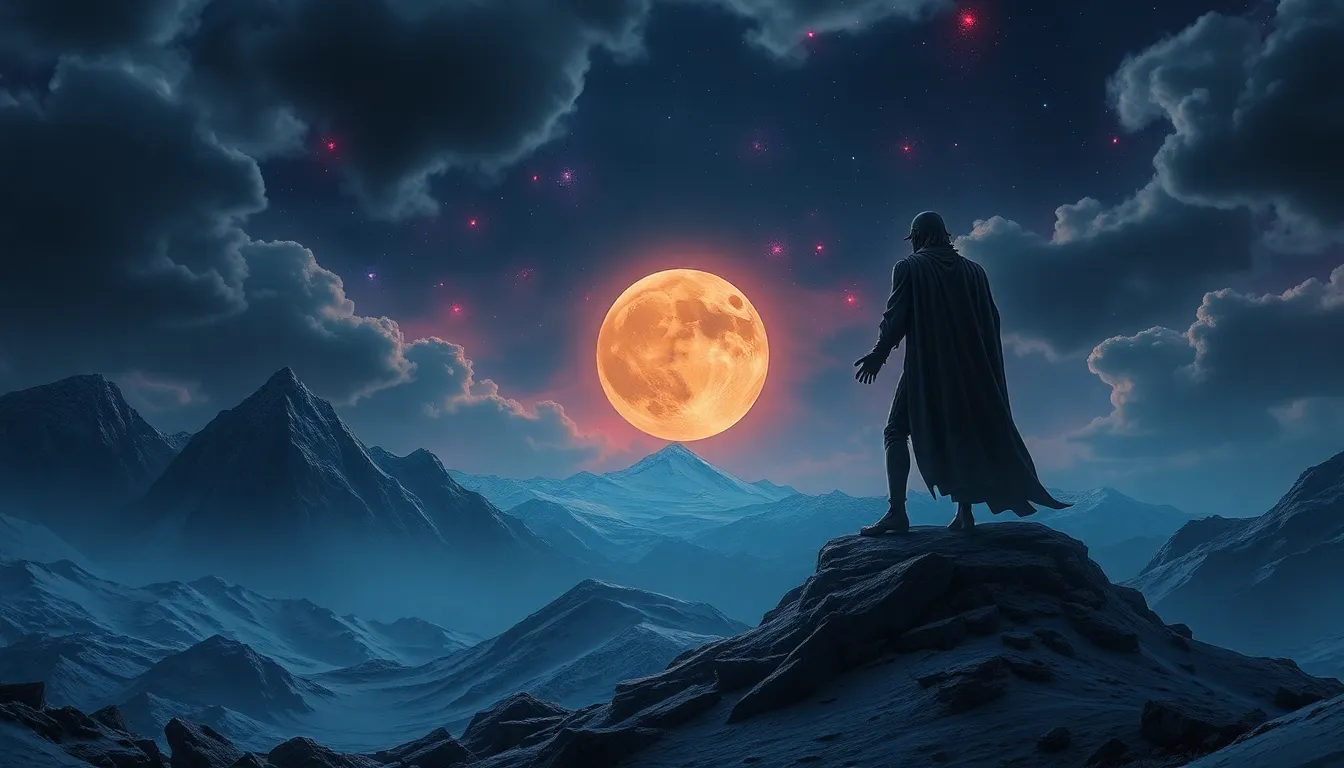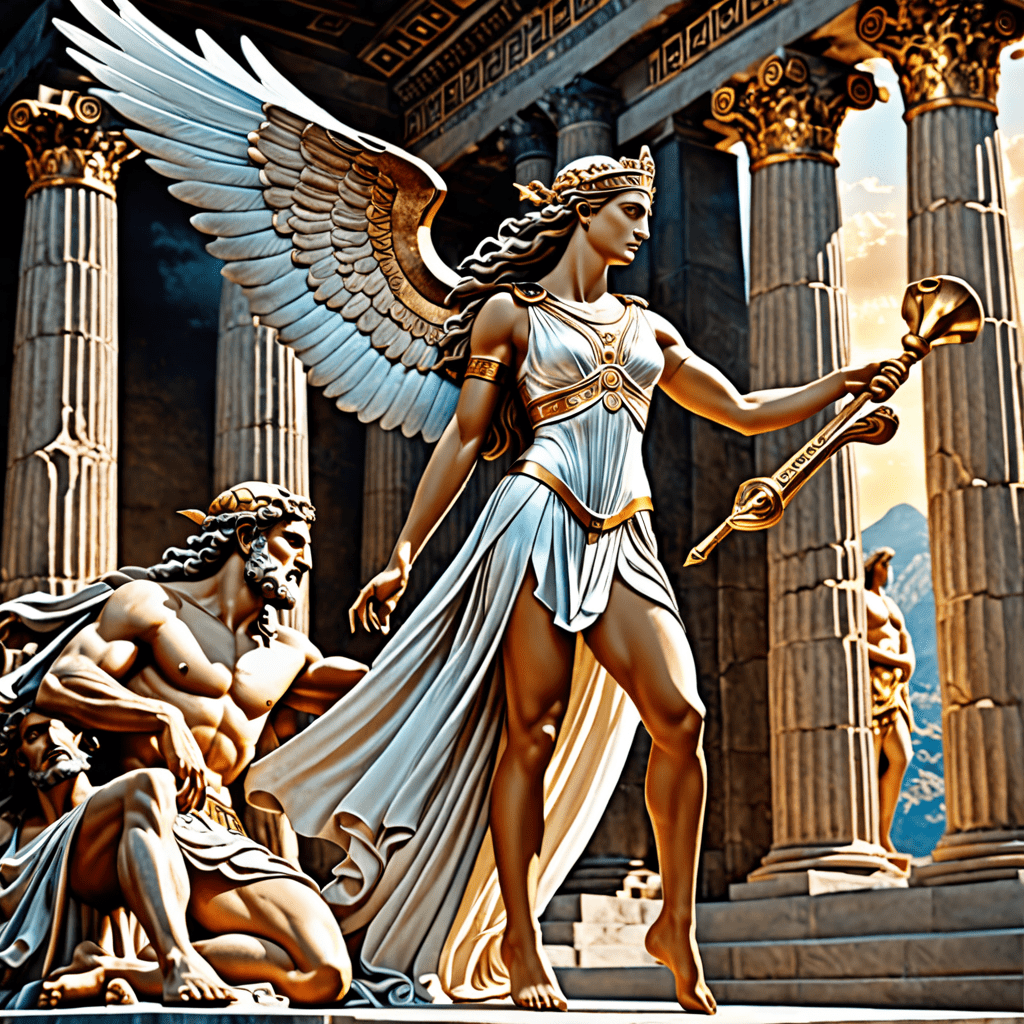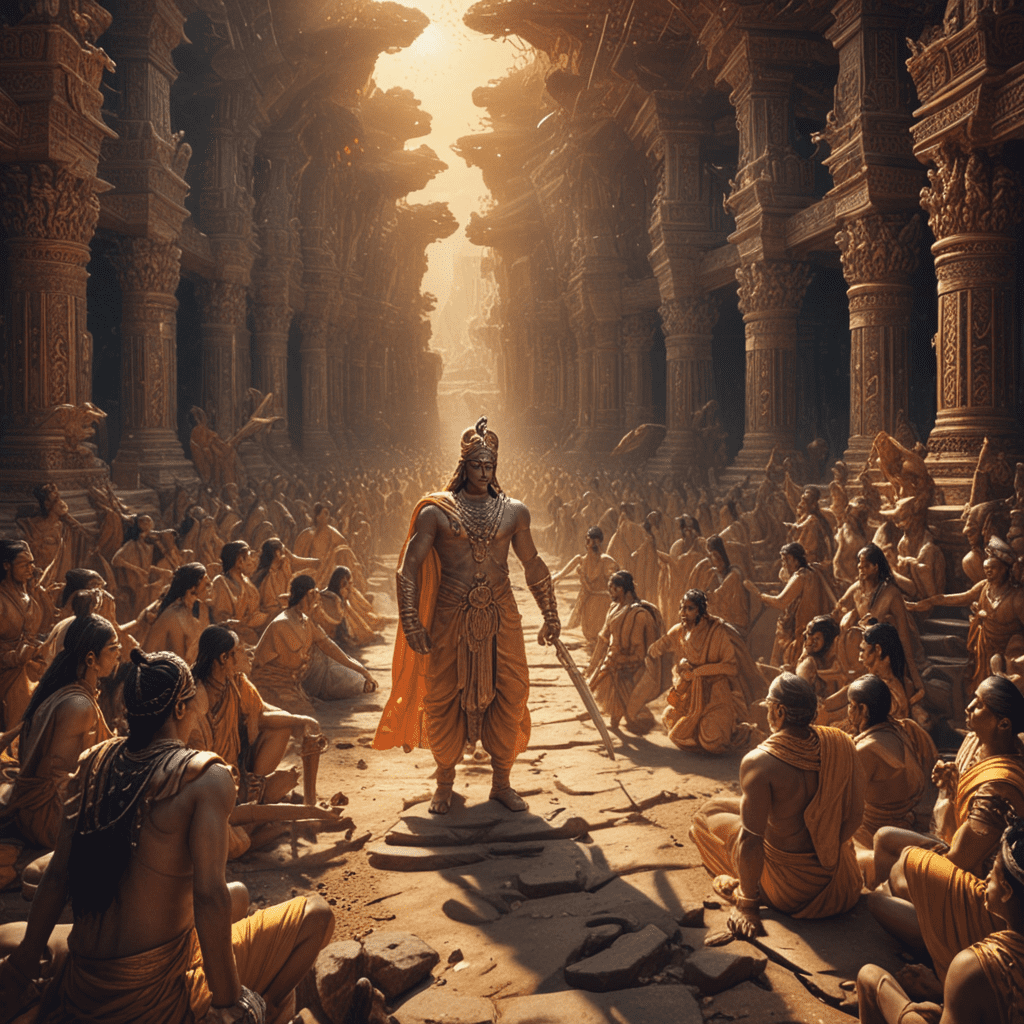The Enduring Influence of Cultural Hero Myths in Modern Life
I. Introduction
Cultural hero myths are narratives that celebrate individuals who embody the ideals and values of a culture. These figures often represent the aspirations, struggles, and hopes of societies, serving as symbols of what can be achieved. The importance of these myths lies in their ability to shape societal norms, inspire individuals, and provide frameworks for understanding complex social dynamics.
This article explores the influence of cultural hero myths in modern life, examining their historical origins, psychological underpinnings, contemporary representations, and the implications they have for social movements and identity formation.
II. Historical Context of Hero Myths
The origins of hero myths can be traced back to ancient civilizations where gods and demigods were often depicted in stories that explained natural phenomena or societal values. For example, in Greek mythology, heroes like Hercules embodied strength and perseverance, while in Hindu culture, figures like Rama represented righteousness and duty.
Over time, these archetypes have evolved across different cultures, adapting to the values and challenges of each society. The transition from mythological heroes to historical figures, such as Alexander the Great or Joan of Arc, illustrates how these narratives have been reshaped to fit contemporary contexts.
Today, modern hero myths often reflect current societal issues and aspirations, highlighting the ongoing relevance of these archetypes.
III. The Psychological Underpinnings of Hero Worship
Archetypes play a significant role in Carl Jung’s theory of the collective unconscious, suggesting that hero figures resonate with fundamental human experiences and aspirations. Cultural heroes fulfill various psychological needs, such as the desire for guidance, inspiration, and validation.
Hero myths also impact identity formation, providing individuals with models to aspire to and connect with. People often align their personal narratives with those of cultural heroes, shaping their beliefs and actions in the process.
IV. Icons of Modern Hero Myths
Contemporary figures who are viewed as heroes often come from diverse backgrounds, including activists, athletes, and celebrities. Icons such as Martin Luther King Jr. and Malala Yousafzai represent not only personal achievements but also broader social movements.
- Martin Luther King Jr.: A symbol of the Civil Rights Movement, his legacy inspires ongoing struggles for equality.
- Malala Yousafzai: Her advocacy for girls’ education highlights the fight against gender inequality.
- Greta Thunberg: A modern environmental activist whose efforts have galvanized global climate movements.
This transition from mythical to modern heroes reflects changes in societal values and the ways in which heroism is constructed and perceived.
V. Hero Myths in Popular Culture
Hero myths are deeply embedded in popular culture, particularly in literature and film. Superhero narratives, such as those found in Marvel and DC comics, often mirror societal issues, exploring themes of justice, sacrifice, and identity.
These narratives serve not only as entertainment but also as a lens through which audiences can examine their own values and struggles. Video games and digital media further reshape these myths, allowing players to engage with hero narratives interactively.
VI. The Role of Social Media in Promoting Hero Myths
Social media platforms have become powerful tools for amplifying hero narratives. Individuals can share stories of heroism, creating a more democratized view of what it means to be a hero. User-generated content allows for diverse representations of heroism, often highlighting everyday acts of bravery and kindness.
However, this democratization also comes with risks, including the potential for misinformation and distorted images of heroism. The rapid spread of narratives can lead to the idolization of flawed figures, complicating the relationship between heroes and their followers.
VII. Cultural Hero Myths and Social Movements
Hero myths play a crucial role in mobilizing communities for social change. Movements that leverage cultural heroes often gain traction by appealing to shared values and aspirations.
- Climate Change Movement: Figures like Greta Thunberg serve as rallying points for environmental activism.
- Gender Equality Movement: Activists like Malala Yousafzai inspire action towards educational access for girls.
While hero myths can be powerful motivators, they also present challenges. The idolization of individual figures can overshadow collective efforts and complicate narratives surrounding social issues.
VIII. The Critique of Hero Myths
While cultural hero myths can inspire, they also pose dangers. Idolizing flawed heroes can lead to disillusionment when these figures fail to meet expectations. Additionally, the oversimplification of complex social issues into hero narratives can obscure the multifaceted nature of societal challenges.
Alternative narratives that challenge traditional hero myths are essential for a more nuanced understanding of heroism. These narratives often emphasize collaboration, community, and the idea that heroism can be found in everyday actions.
IX. The Future of Cultural Hero Myths
As society continues to evolve, predictions for the future of hero myths suggest a shift towards more inclusive and diverse representations. The impact of technology and global cultural exchange is likely to reshape hero narratives, reflecting the complexities of a globalized world.
Future hero myths may also mirror changing societal values, emphasizing themes of sustainability, equity, and social justice.
X. Conclusion
The enduring influence of cultural hero myths in modern life underscores their significance in shaping societies and individual identities. These narratives continue to inspire, challenge, and mobilize communities, reflecting the aspirations and struggles of our times. As we navigate a rapidly changing world, the evolution of hero myths will undoubtedly play a pivotal role in how we understand ourselves and our collective journey.



